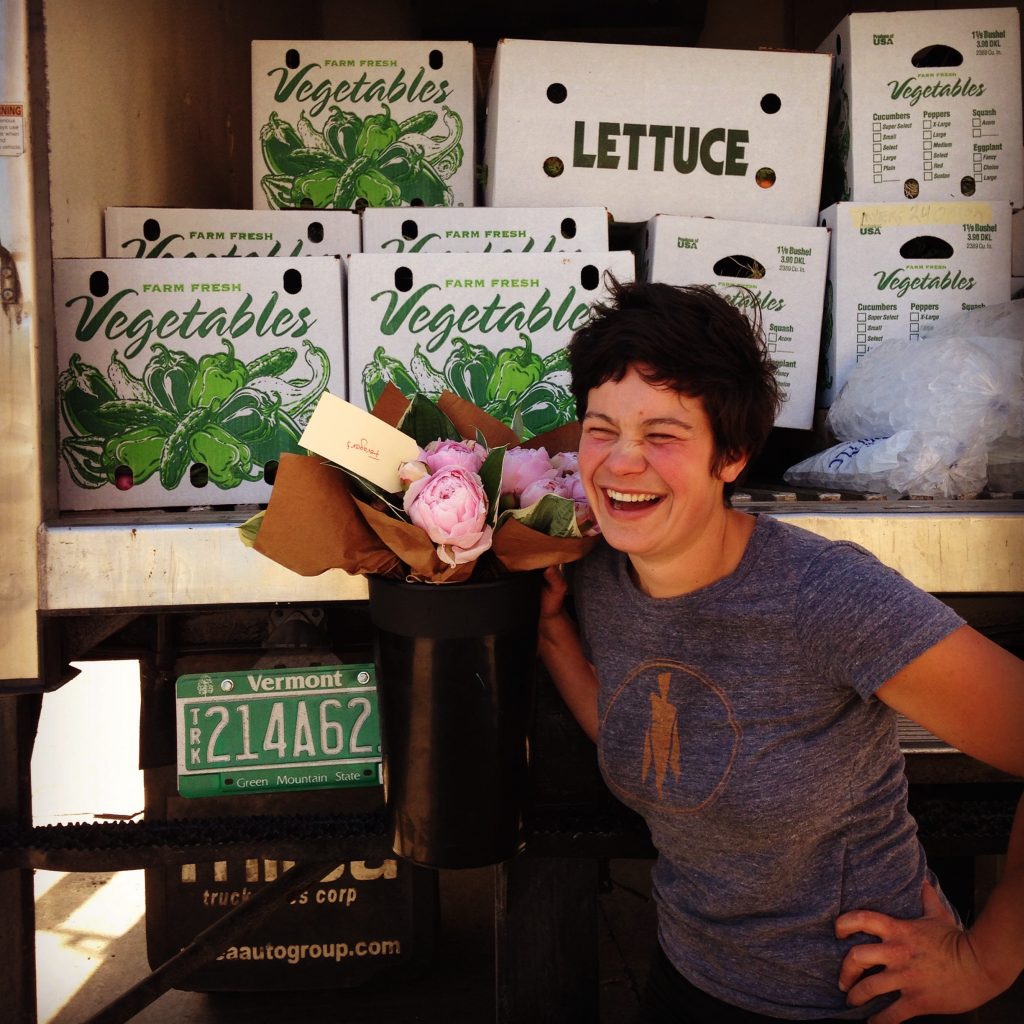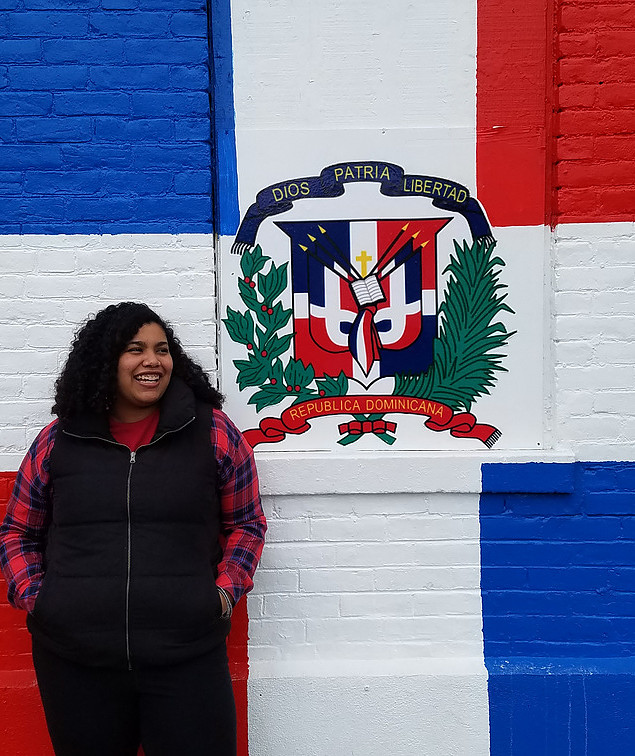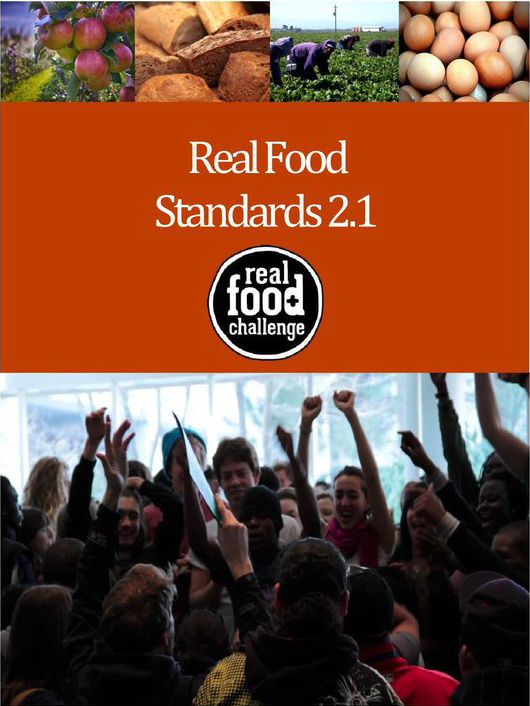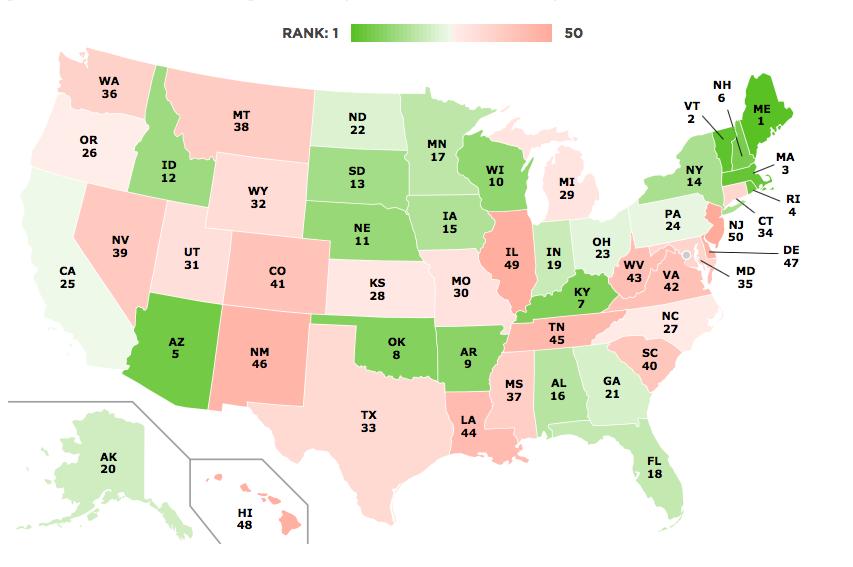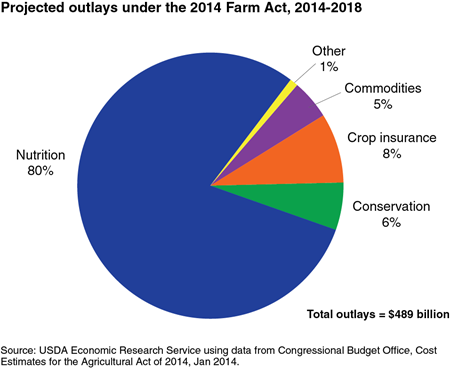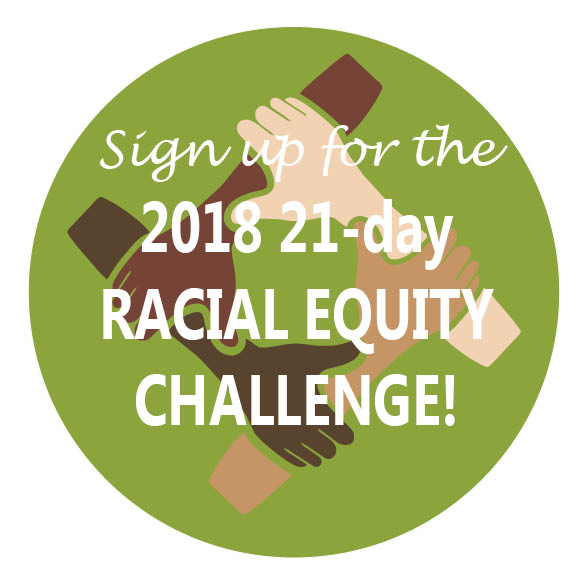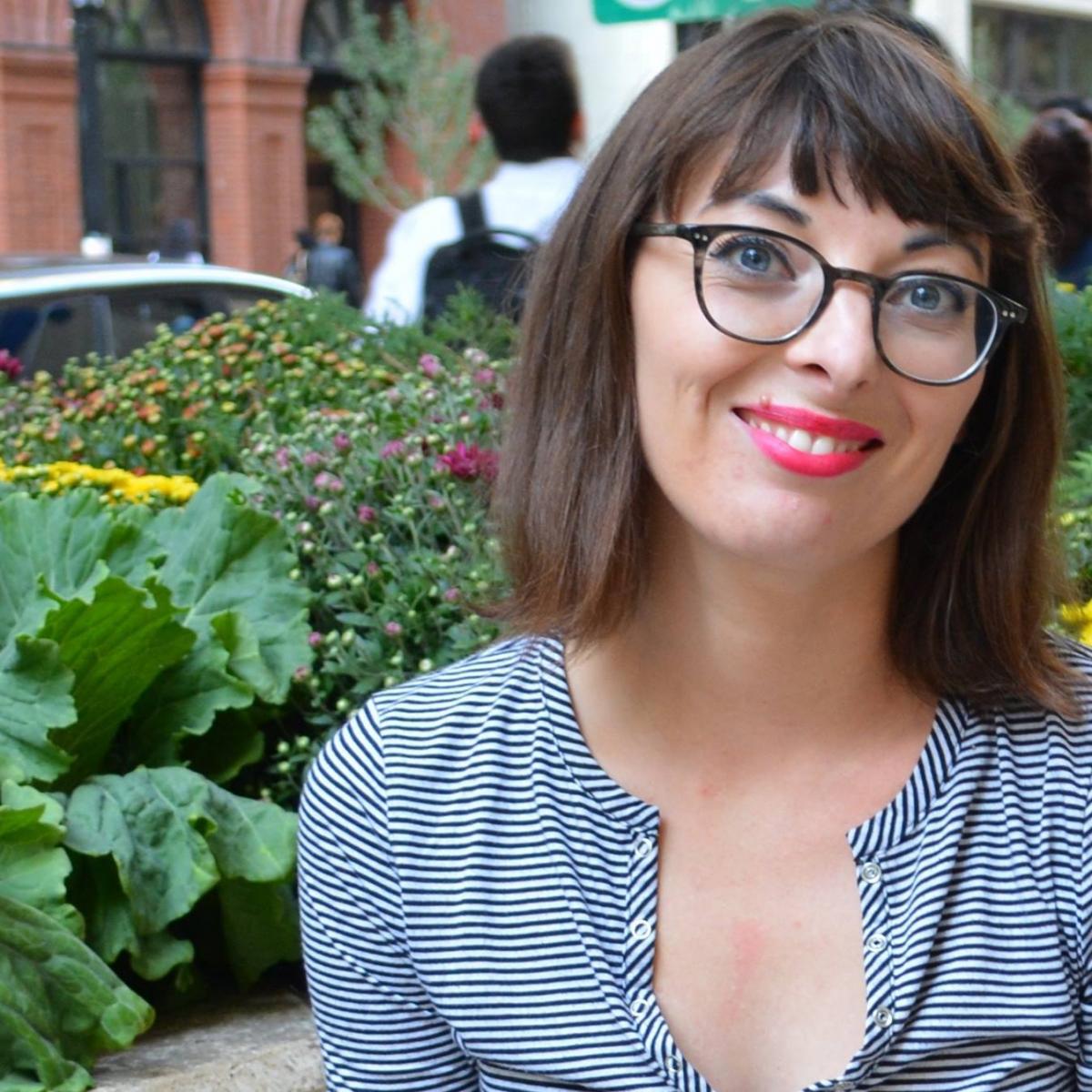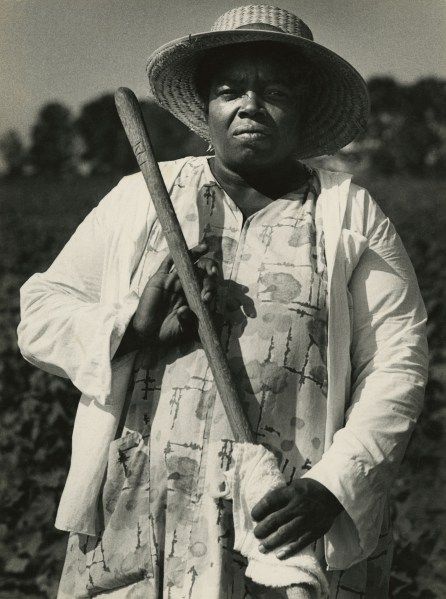Food Solutions New England joins call to urge food service giants to accelerate change
Thursday, 13 September 2018
The Food Solutions New England Process Team (our “steering” or advisory team) has voted to endorse the Campaign for Real Meals, recognizing the leverage to be gained in making specific
- Published in General
Supporting a Regional Food System: An Interview with Myers Produce
Sunday, 09 September 2018
Today’s post is from our friends at Real Pickles! Come visit them (and Food Solutions New England) at the upcoming Boston Local Food Festival on September 16th! ———— As you
- Published in General
Because Rhode Island is Home
Monday, 27 August 2018
FSNE Note: We are honored to share this piece from Vanessa Garcia Polanco, an alumna of FSNE’s Network Leadership Institute, as she heads out on her next adventure! I am
- Published in General
Network Ripple Effects of an Equity Challenge
Wednesday, 08 August 2018
FSNE Comment: As we get ready to start organizing the fifth consecutive 21-Day Racial Equity Habit-Building Challenge for April 2019, we are taking a moment to reflect on the learning
- Published in General, Racial Equity Challenge
Directories of Farmers Markets Across New England
Monday, 06 August 2018
We are blessed in New England with a long tradition of farmers markets throughout the growing season. The number of active markets has increased and the seasons have expanded, with
- Published in General
Real Food Challenge Launches Real Food Standards 2.1
Monday, 30 July 2018
This week’s lead blog post comes from our colleagues at Real Food Challenge, active members of the Food Solutions New England regional network. Real Food Challenge is excited to announce
- Published in General
It Takes a Village – A Community Effort to Dissolve Cape Kids’ Hunger
Wednesday, 25 July 2018
A Community Effort to Dissolve Cape Kids’ Hunger by Eileen Morris and courtesty of Edible Cape Cod A broad warehouse-like structure looms on Queen Anne Road in Harwich, among a
- Published in Massachusetts
New England Stands Out in Union of Concerned Scientists’ 50-State Food System Scorecard
Tuesday, 26 June 2018
From our friends at Farm to Institution New England (FINE) Last week, the Union of Concerned Scientists (UCS) released a new 50-State Food System Scorecard, which ranks U.S. states based on farm and
- Published in General
Dispatch from America the Bountiful Tour
Friday, 08 June 2018
Food Solutions New England longtime participant and Process Team member Niaz Dorry updates us from the road. Greetings from Charleston, South Carolina! I’m writing you at the end of the
- Published in General
Building Civic Muscle for Food Resilience
Monday, 04 June 2018
In our region, the Connecticut River Valley in Massachusetts, there is a lot of talk right now amongst community food organizations about the whiteness of the majority of people leading
- Published in Massachusetts
Offerings From the Fourth Annual 21 Day Racial Equity Challenge
Monday, 21 May 2018
This post was originally published on the Interaction Institute for Social Change blog by Curtis Ogden on May 14, 2018. On April 22nd, the fourth annual 21 Day Racial Equity Habit Building Challenge wrapped
- Published in General, Racial Equity Challenge
Let’s Talk About… Your White Nonprofit: A reflection on power and awkwardness for nonprofit sector
Wednesday, 18 April 2018
I am writing this for white-identifying nonprofit board members, directors, project managers, or funders. I hope these activists will also find it important to candidly talk about community based programs
- Published in General, Racial Equity Challenge
Dismantling a Broken Food System: Three Possibilities
Thursday, 12 April 2018
Through 400 years of plantation enslavement, lynchings, lost years of family history, loss of earning potential through lack of inheritances, and generations of neglected educational opportunities, African American producers and
- Published in General

